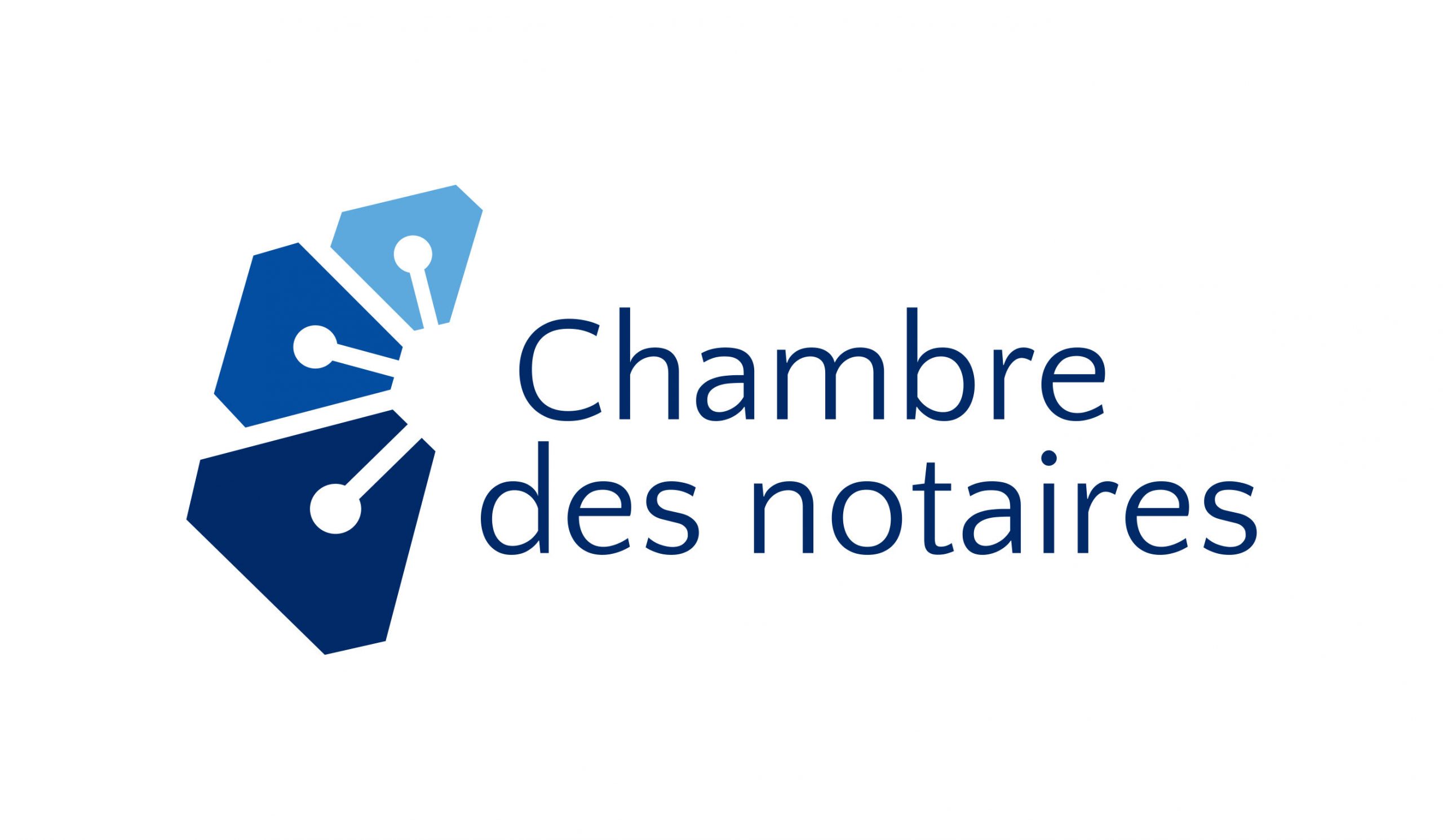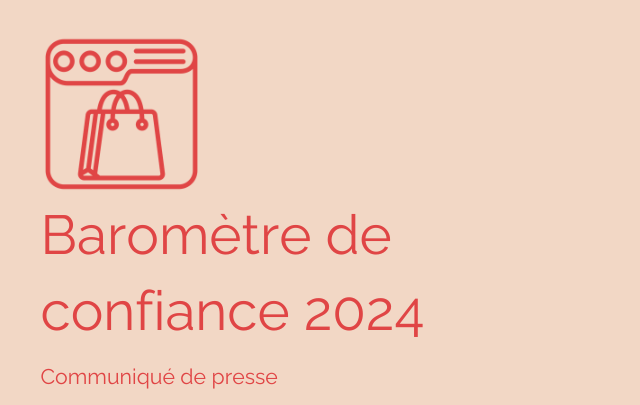
Chronique de la Chambre des notaires: Elder abuse and how to protect yourself in a vulnerable situation

Elder abuse is not an easy subject to tackle. After all, no one wants to believe that someone close to us could take advantage of us in our most vulnerable moments. And yet, in Quebec, abuse affects between 56,000 and 98,000 seniors living at home. Some authors go so far as to double or even triple these figures i. Worse still, acts of abuse are often perpetrated by people who are related to their victims, with 30% of offences committed by a family member and 38% by an acquaintanceii.
People in vulnerable situations can protect themselves against various forms of abuse by setting up legal protection mechanisms that come into effect at different times in their lives.
Power of attorney
Seniors can appoint a person they trust to look after their affairs and administer their property for a defined period of time. Unlike a protective mandate given in anticipation of incapacity, a power of attorney is valid as long as the person is lucid and needs to be represented by a third party for various reasons (e.g., hospital stay or trip out of the country). The power of attorney does not need to be approved by a court in order to be used.
Power of attorney is the second most important source of financial abuse. In fact, 17% of financial abuses are committed by people who have obtained power of attorney from a senioriii. You should therefore seek advice from a notary to fully understand the legal implications of what you are signing, and choose someone you can trust.
Protection mandate
What happens if the older person becomes incapacitated? Would the proxy still be able to use the power of attorney? In principle, a power of attorney can only be used when the person who gave it is capable of giving consent and expressing his or her wishes. In the event of incapacity, the power of attorney must be ratified by a court. In the absence of a mandate, the incapacitated person's next of kin will have to open a protection plan. The person who will look after you and your property will therefore not necessarily be the one you would have chosen.
What to do when abuse occurs
What happens if you give someone you trust power of attorney and they abuse it? At first, all goes well, but as time goes by, you realize that money is missing from your account. You're worried, but decide to trust the person. You ignore the fact that the explanations she's giving you make no sense, and that the last time you wanted to talk to her about it, she threatened to stop taking care of you. You're afraid of reprisals and ashamed of being in this situation. What can you do to get out of it?
Abuse is an insidious phenomenon. Often, people's isolation perpetuates the problem. The best way to counter abuse is to raise awareness and provide information. It's important to break the silence and seek advice from those around you.
There are several organizations that deal with situations of elder abuse, including the Commission des droits de la personne et des droits de la jeunesse, which can go to court to force a person to stop his or her actions, or intervene when the person is in danger. The Elder Abuse Help Line (1-888-489-2287), local CLSCs and CAVACs (Centres d'assistance aux victimes d'actes criminels) also offer other services.
As for the Chambre des notaires, it has set up various initiatives to help citizens in vulnerable situations who have questions about their rights, including :
- Information and free legal consultations provided by notaries as part of various activities in partnership with legal stakeholders (e.g. 1-800-NOTAIRE, legal columns in Protégez-vous and Bel Âge, Mois de la justice, Clinique juridique dans le métro, Caravane des aînés).
- Guidelines that enable their members to report abuse of seniors and people in vulnerable situations, while respecting their professional obligations. The guidelines set out the actions that lawyers can take, from preventing abuse to reporting a problematic situation to the authorities, allowing professional secrecy to be waived when certain conditions are met.
- The Chamber's participation in numerous social debates and regular involvement in parliamentary work on the protection of seniors and vulnerable people. It ensures that the law in force meets citizens' realities and safeguards their protection.
If you witness a situation of exploitation, encourage the victim to tell you about any concerns or suspicious transactions. You should also know that it is possible for anyone to make a report, and that the victim's consent is not always required.
No one is immune to abuse. But there are people who care about you, and you're not alone... Get help.
Do you have any questions?
Watch the video " Protecting a person in loss of autonomy " consult the leaflets " The notarial mandate of protection " and " Taking effect of a mandate of protection ".
Call our toll-free number 1-800-NOTAIRE (1-800-668-2473) to speak to a notary. This service is available Monday to Friday, 8:30 a.m. to 5 p.m.
For more information, visit our website
i (M. Beaulieu and Bergeron-Patenaude, 2012, p. 14).
ii https://www.ophq.gouv.qc.ca/fileadmin/centre_documentaire/Etudes__analyses_et_rapports/RAP_maltraitance_2014.pdf
iii CARP. (2011) End of life/elder abuse poll report






